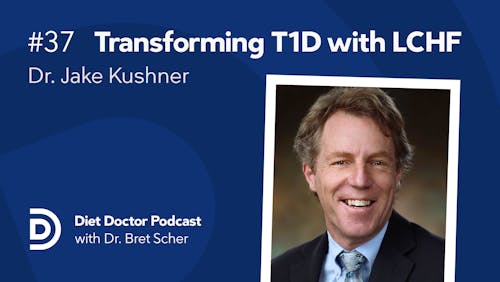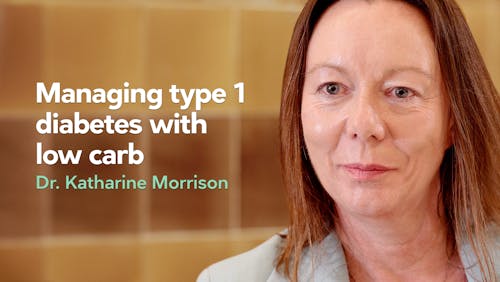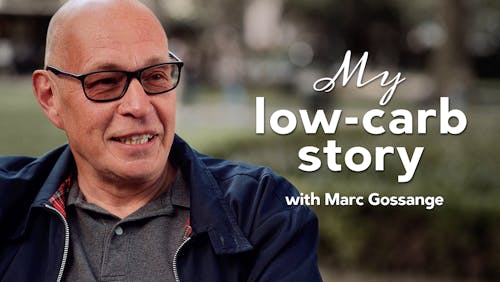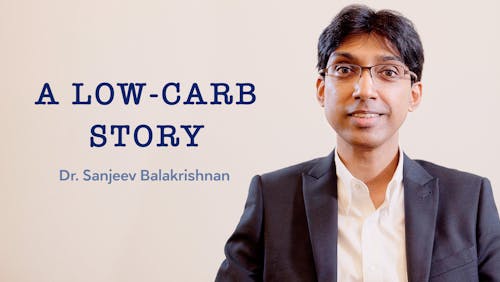Diabetes drugs are a juggling act – is there a better way?

It’s complicated.
In conventional medicine, managing diabetes is not for the faint of heart. Physicians must consider what mix of medicines will strike the right balance. For the uninitiated, this effort can sound daunting.
Last Thursday, two MedPage Today articles, each covering a different aspect of this puzzle, crossed our desks:
MedPage Today: The Most Wonderful Mistake the FDA Ever Made
MedPage Today: The SGLT2 inhibitor – amputation link
The first article, by Dr. Milton Packer, discusses the initial pursuit of tight blood sugar control in order to minimize long-term microvascular damage to the eyes, nerves and kidneys of patients with diabetes. However, soon physicians realized that the first priority should be cardiovascular health, as a heart event is the most significant and immediate risk for patients.
As a result, in 2008 the Food and Drug Administration required that all new diabetes drugs be tested for cardiovascular effects. In retrospect, this decision was based on flawed information (the “most wonderful mistake”) suggesting a significant increase in heart attacks when patients took an oral drug called Rosiglitazone to reduce blood-sugar levels. Although after more careful investigation this connection seemed more questionable, studying the cardiovascular effects of diabetes drugs has been informative:
[T]he trials yielded dramatically informative results. Some drugs that lowered blood glucose actually prevented the occurrence of cardiovascular death, heart attacks, stroke, and heart failure. But just as importantly, the trials also showed that some glucose-lowering drugs had no benefits on cardiovascular events at all, and that some actually increased the risk of heart failure. Sadly, the glucose-lowering drugs with the fewest benefits of the heart and kidneys were the ones most often prescribed by physicians. (I wrote about this in the American Journal of Medicine in July.)
So we see that it is more complicated than just managing blood sugar levels — different drugs have strengths and weaknesses.
The second article discusses conflicting data surrounding a class of drugs called SGLT2 inhibitors. Although these drugs improve blood glucose control and have shown some cardiovascular benefit, there is some evidence that they may increase risk of amputations.
Physicians must juggle the trade offs between cardiovascular considerations, microvascular damage, and cost. Plus, there is always the risk of dangerous or even life-threatening hypoglycemic events if blood sugar is managed too tightly. It’s an expensive, management-intensive puzzle.
If conventional management of diabetes is fraught with drugs, unwelcome side effects, cardiovascular risks and more questions than answers, it seems logical to ask if there is a better way to treat diabetes. Perhaps that is why the journal Pediatrics named a paper about managing type 1 diabetes with fewer meds and a ketogenic diet the “Best Article of 2018.”
Pediatrics: Management of Type 1 Diabetes With a Very Low–Carbohydrate Diet
In the article, the authors report exceptional glycemic control with few adverse events. This is revolutionary — almost unheard of — for patients with type 1 diabetes, who do require some insulin for health.
Fortunately, with the far more common disease, type 2 diabetes, patients can often completely eliminate medications (and their expense and side effects) while safely lowering blood-sugar levels. Multiple trials stand behind this claim. Don’t wait. Our guides, below, can help you get started.
Earlier
New study: Exceptional blood-sugar control for type 1 diabetics on low carb
How Bill reversed his type 2 diabetes and lost 94 lbs
The American Diabetes Association misses the mark… again (sigh)
Guides
How to reverse your type 2 diabetes
Type 1 diabetes – how to control your blood sugar with fewer carbs



























